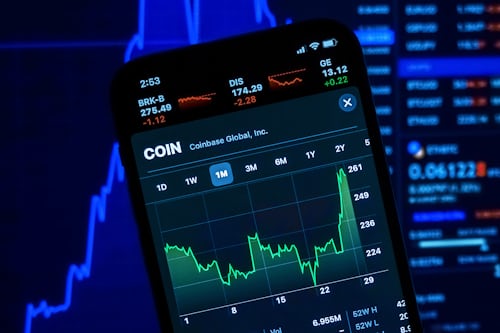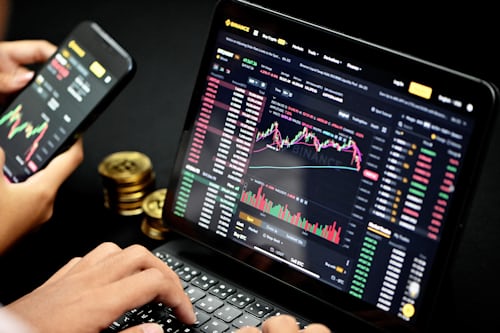This legal contract gives you the right to buy or sell an asset during or within a predetermined date (exercise date). If you are the seller, you have the obligation to fulfil the terms of the transaction. These are to either sell or buy if the buyer chooses to "exercise" the option before the expiration date.
Options for daily or longer-term exchange trading span many markets. They are similiar to CFD contracts in exness mt4 download. You can get stock options, ETF options, futures options and more.
What is an options contract?
An options contract (contract) gives you a number of rights. Each contract should include details of the following:
- Type of option (call or put)
- Underlying security
- Exercise price (the price at which you can exercise the option)
- Trading unit (the number of shares)
- Expiry date (the last trading day to exercise your option)
Types of options
Options are often classed as complicated, risky investments, and this puts off many aspiring traders. However, there are only two main classes of options.
- Put - These put options allow you to sell a stock at a specific price.
- Call - These call options allow you to buy a stock at a specific price.
Apart from the two main classes, there is a long list of different markets and options.
The Underlying Asset
You will usually find that most options are based on shares in listed companies, e.g. Twitter and Amazon. However, there are a growing number of options based on alternative underlying investments. These include short-term options on stock indices, currencies, commodities and real estate investment trusts (REITs).
Stock options (size)
If you are interested in trading stock options for a living, it is important to know that the contracts are based on 100 shares of the underlying stock. The exception to this rule is when adjustments occur as a result of stock splits and mergers.
Regional differences (American vs. European options)
The majority of exchange-traded stock options are American. They can be exercised at any time from the purchase date to the expiry date. However, European options can only be exercised on the expiry date.
Options vs. futures
Many people quickly realise that there are many similarities between options and futures. Both are usually based on the same underlying asset. There are also many similarities in the composition of the actual contracts.
The difference is in how they are traded. With options, you get a wider range of available options. You will also notice that the trading rules differ. Options can be traded individually, or you can buy them together with equity or futures contracts to create a kind of insurance for trading.


